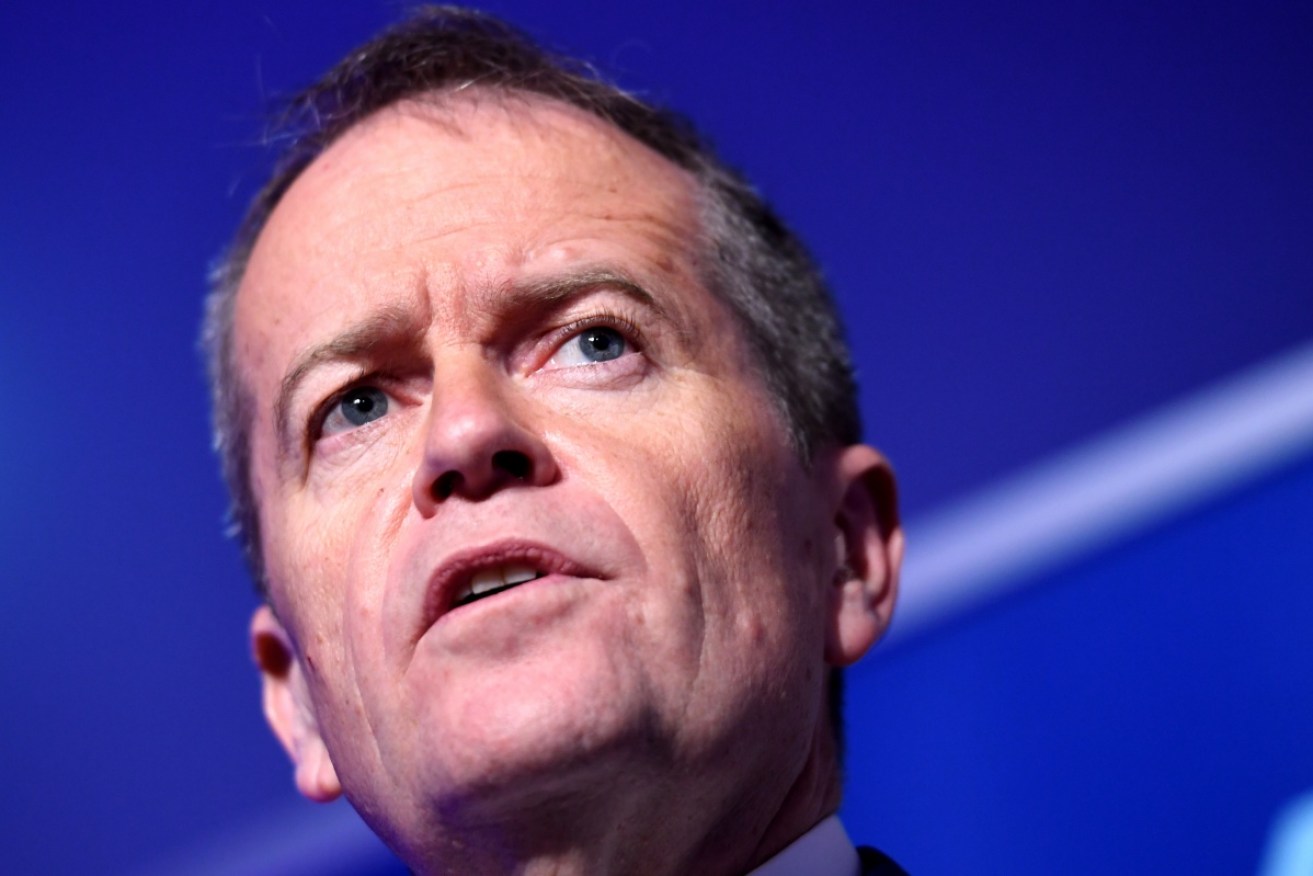Bill Shorten’s plan to overhaul how often we vote


Bill Shorten's Labor Party will discuss increasing Australia's refugee intake cap on Monday. Photo: Getty
Opposition Leader Bill Shorten says Australian politics is so “out of whack” that governments need an extra year in power so they can actually get something done.
In an interview on ABC TV on Sunday, Mr Shorten said both major parties should campaign for the electoral cycle to be pushed out to four years, up from the current three, so they can be “more daring”.
And it seems it could happen. Prime Minister Malcolm Turnbull called Mr Shorten later that day to agree they should discuss the proposal further.
“The average life of a federal government is two-and-a-half years, not even three years,” Mr Shorten told Insiders.
“Governments can be more daring and determined if they’re not constantly thinking about the next election, if prime ministers of the day don’t have the tempting trigger to pull that if they have an improvement in their short-term position they’ll race to the polls.”
►@BillShortenMP calls for fixed 4 year terms for federal parliament. #Insiders #auspol pic.twitter.com/brRbMgvScV
— Insiders ABC (@InsidersABC) July 22, 2017
As the Opposition Leader continues his policy push, Labor maintains its lead. The latest Newspoll published on Sunday night had the ALP steady at 53 per cent and the Coalition unchanged at 47 per cent, on two-party terms. It was the 16th straight poll putting Labor ahead.
Both major parties added one point to their primary vote – Labor 37, the Coalition 36 – as scandals hurt One Nation and the Greens.
Mr Shorten has backed the idea of four-year terms in the past, but never in such strong terms.
The change would require a constitutional amendment via a referendum, which means a majority of voters nationally. As well, four of the six states would have to support it.
Mr Shorten said he wanted both major parties to back the policy at the next election and then deliver a national vote on the issue regardless of who won.
“Why couldn’t the government of the day – Mr Turnbull or whoever is in charge – and myself agree that whoever wins the next election, that together, we would have an agreed change to the constitution which we would put to the Australian people of four-year terms.”
The Hawke Labor government put the proposal to a referendum in 1988 but it was easily defeated, with fewer than one-in-three voters voting in favour. This may have been because it lacked bipartisan support, and was one of four referendum questions put to voters at the same time.
The Coalition backed four-year terms in 1988, but campaigned against the referendum because Labor, to allow the House of Representatives and the Senate to be elected at the same time, had proposed cutting Senate terms to four years.
Currently, Senate terms are for six years, with half the Senate up for election every three years. To keep the two houses in sync, Senate terms would probably have to be cut to four years or extended to eight.
Three-year terms are unusual internationally.
The average government these days only lasts 2.5 years. If we want stability, it is time for 4-year fixed terms. https://t.co/G14vU0dPe9
— Bill Shorten (@billshortenmp) July 23, 2017
According to the Inter-Parliamentary Union, Australia’s House of Representatives is one of just eight lower houses to have three-year terms, along with New Zealand, Mexico, the Philippines, El Salvador, Qatar and Nauru.
The vast majority of the world’s parliaments have four- or five-year terms, including the United Kingdom, on which the Australian system is modelled.
Every Australian state and territory parliament has introduced four-year terms.
Queensland was the last. In 2016, almost 53 per cent of the state voted in a referendum for fixed four-year terms for the Legislative Assembly, which is Queensland’s only law-making body.
According to research conducted last year by The Australia Institute, the average term of government since 1910 was 2.59 years, amounting to 16.5 lost years of governing.
The think tank’s executive director, Ben Oquist, wrote on Twitter that legislating four-year terms would be “too hard”, but that “the answer” is to fix the three-year terms instead of allowing the government of the day to set the date.
Earlier in the year, Liberal backbencher David Coleman flagged a private member’s bill to bring in fixed four-year terms, saying it would allow longer-term planning and deliver more certainty for business investors.
But Special Minister of State Scott Ryan, who oversees electoral reform, said at the time he did not support the idea because it could lead to “lazy” governments.








